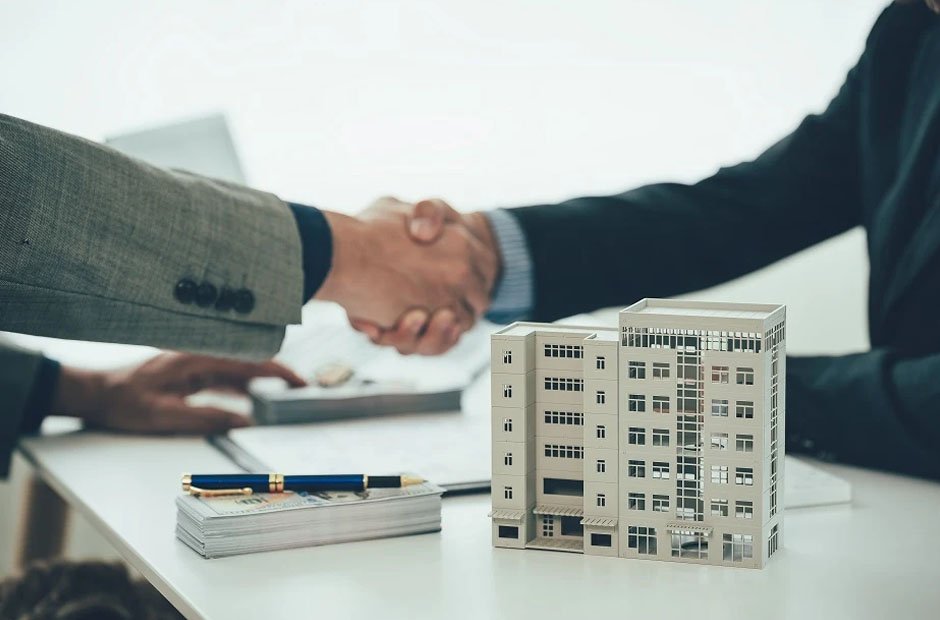When a landlord and tenant renew a commercial lease, it might change everything for both of them. For property owners, it’s a chance to make sure they have a constant stream of income and keep good tenants. For renters, it gives them security and the chance to make plans for the future. A property lawyer that knows what they’re doing can help both sides understand their rights and responsibilities, which makes the process run more smoothly and clearly.
Start the Process Early
Negotiations tend to take longer than people expect, so it pays to start early. You should start talking about it at least six months before the lease ends. This enables everyone to talk about their difficulties without getting upset and making quick decisions.
Landlords can:
- Review current rental rates and the tenant’s track record
- Consider whether to make upgrades or improvements to the property
Tenants should:
- Check to see if the space is still good for their business.
- Go back over difficult sections like maintenance duties or rent review terms and offer improvements that will make it easier to renew.
Starting the process early encourages open communication and helps both parties avoid last-minute pressure.
Understand Current Market Conditions
The most talked-about part of any lease renewal is usually the rent. To be fair, both sides should look at the current market prices for similar homes in the same location. An expert appraisal can give you a good idea of what the value is.
Landlords should:
- Account for rising costs such as rates, insurance, and maintenance
- Balance profitability with tenant retention
Tenants need to:
- Assess their budget and long-term sustainability
- Compare rent levels in nearby properties
If the parties can’t agree, a property lawyer or independent valuer can step in to help interpret the data and guide a fair outcome.
Clarify Lease Terms and Obligations
The rent figure isn’t the only detail that matters. Negotiations might be affected by things like repair responsibilities, renewal choices, and what the property can be used for. Tenants might:
- Ask for flexibility to sublease or assign the lease
- Seek to limit make-good obligations at the end of the term
Landlords may:
- Tighten clauses around alterations to maintain property standards
- Ensure the lease preserves the value and intended use of the premises
Having a property lawyer review the draft ensures both sides fully understand their obligations and that the terms comply with Australian tenancy laws.
Consider Long-Term Goals
When renewing a lease, it helps to look beyond the next twelve months. Both parties should consider how the agreement fits into their future plans.
Tenants should think about:
- Business growth or possible downsizing
- Whether the current location still works for operations and customers
Landlords should consider:
- The benefit of keeping a reliable tenant versus seeking a new one
- Opportunities for gradual rent increases or lease incentives
Flexible options like staged rent reviews or shared fit-out contributions might help build a stronger, longer-lasting connection.
Document Everything Clearly
Writing down all the details of the agreement is important so that there is no confusion later. The lease should explicitly spell out:
- Rent review methods
- Renewal options
- Any negotiated variations
A qualified property lawyer will ensure the lease is legally sound and compliant with state-based laws, such as the Retail Leases Act 2003 (Vic) or similar legislation in other jurisdictions.
A fair lease renewal comes from careful planning and the right legal advice, not by chance. Coleman Greig Lawyers helps landlords and tenants handle lease renewals smoothly. Talk with them today to ensure your lease is clear, fair and meets legal requirements while reaching your long-term goals.



